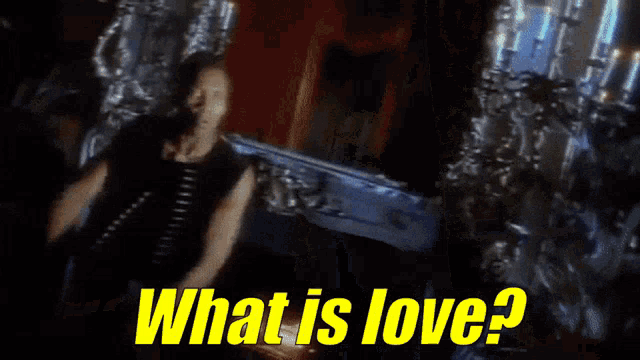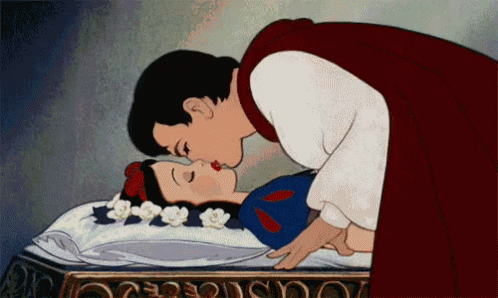
So by this point, if you also occasionally indulge in the brain rot carnival that is American celebrity news, you may know that Kimye is over… tragic, I know. I want to say that the Kim Kardashian-Kanye West romance is the Romeo-Juliet for contemporary times. Is that too sacrilegious to claim? At the very least, we can surely agree that both were couples whose relationships gained notoriety and ultimately impacted culture in one significant way or another. Kimye and Romeo-Juliet belong to a class of narratives that (perhaps subliminally) form our collective social imaginary of what love, relationships, and, by extension, human nature, fundamentally are.
When you find yourself at the grocery store directing your boredom to the celebrity tabloids next to the checkout, you will likely end up reading different variations of the same exclamation point-riddled headlines over and over again. An EXPLOSIVE divorce, a grueling custody BATTLE, a SHOCKING case of infidelity, one partner’s MERCILESS manipulation of the other for money, status, etc. Tabloids love to sensationalize the most miserable qualities of human life and oftentimes this misery centers around love gone wrong, though in other cases they may highlight abuse, eating disorders, addiction—heavy subjects that when encountered all at once compound to paint a fairly dismal picture of humanity.
What drives people to indulge in celebrity miseries?
“People accept seeing themselves described as lustful, egoistic, cowardly, hypocritical, and conceited in humorous newspapers, ‘vicious’ songs, funny stories, caricatures, comedies, and novels, about which they say in admiration, ‘That’s so true! That’s human nature!'”
(206)
In her essay “Existentialism and Popular Wisdom,” 20th century French existentialist philosopher Simone de Beauvoir writes that much of popular society and culture is filtered through a psychology of self-interest which espouses that humans act based on utility, falling in line with the doctrine of utilitarianism. Greed, cruelty, evil, and so on are understandable to the public so long as they can decipher a reason, a utility, for why the greedy person in question acted the way they did. In other words, utilitarianism more or less eschews the expectation that humans engage in moral self-reflection because it resigns all actions to “human nature” which is inherently contaminated by “vulgar appetites” that can only be reigned in by the state and/or religious dogma.

Beauvoir argues that people’s desire to laugh at and consume stories representing humanity as excessively vain, tyrannical, brutal and greedy are a form of resignation and despair. But don’t think despair as ‘bust out crying the moment Twitter tells you Kimye has become Kim and Ye—Beauvoir’s despair has to do with fear of freedom.
“In no circumstance do they recognize in love the engagement of a freedom. They see only the result of a play of mechanical forces.”
(207)
To Beauvoir, recognizing one’s human freedom is a prerequisite to experiencing love and passion. Existentialism empowers the individual to recognize themself as an authentic subject who is neither inherently good nor bad, who begins as nothing but has the responsibility to shape their existence based on their relationship with the world and others.

Of course, taking the responsibility to construct meaning in our relationships, be they romantic or platonic, is an intimidating task. It’s easier to simply adopt pre-made social scripts dictating how we are to relate to each other, especially when they tell us all relationships are bound to fail anyway, bound to go stale, fall victim to ‘natural instincts’ to manipulate and exploit the other.
And what to make of Romeo and Juliet? Warm and fuzzy representations of true love? Well, Beauvoir would argue that you and I both accept that, beyond the outstanding occasion of a wedding or funeral, these glamorous stories of love are only “touching illusion of youth or a guilty folly” (207). Ultimately, we accept that humans have a true nature which at best can only bear mechanical love e.g. love being marrying for money, status, personal desire for children, etc.

The existentialist approach to love invites one to reject predetermined scripts for how one must relate to others in their relationships. Beauvoir writes that, contrary to common criticism, existentialism is actually quite optimistic in this regard! Kimye may have crashed and burned but that doesn’t mean we must despair. We are not condemned to accepting that humans will always corrupt love nor that we are incapable using our agency to relate to each other in healthier ways.